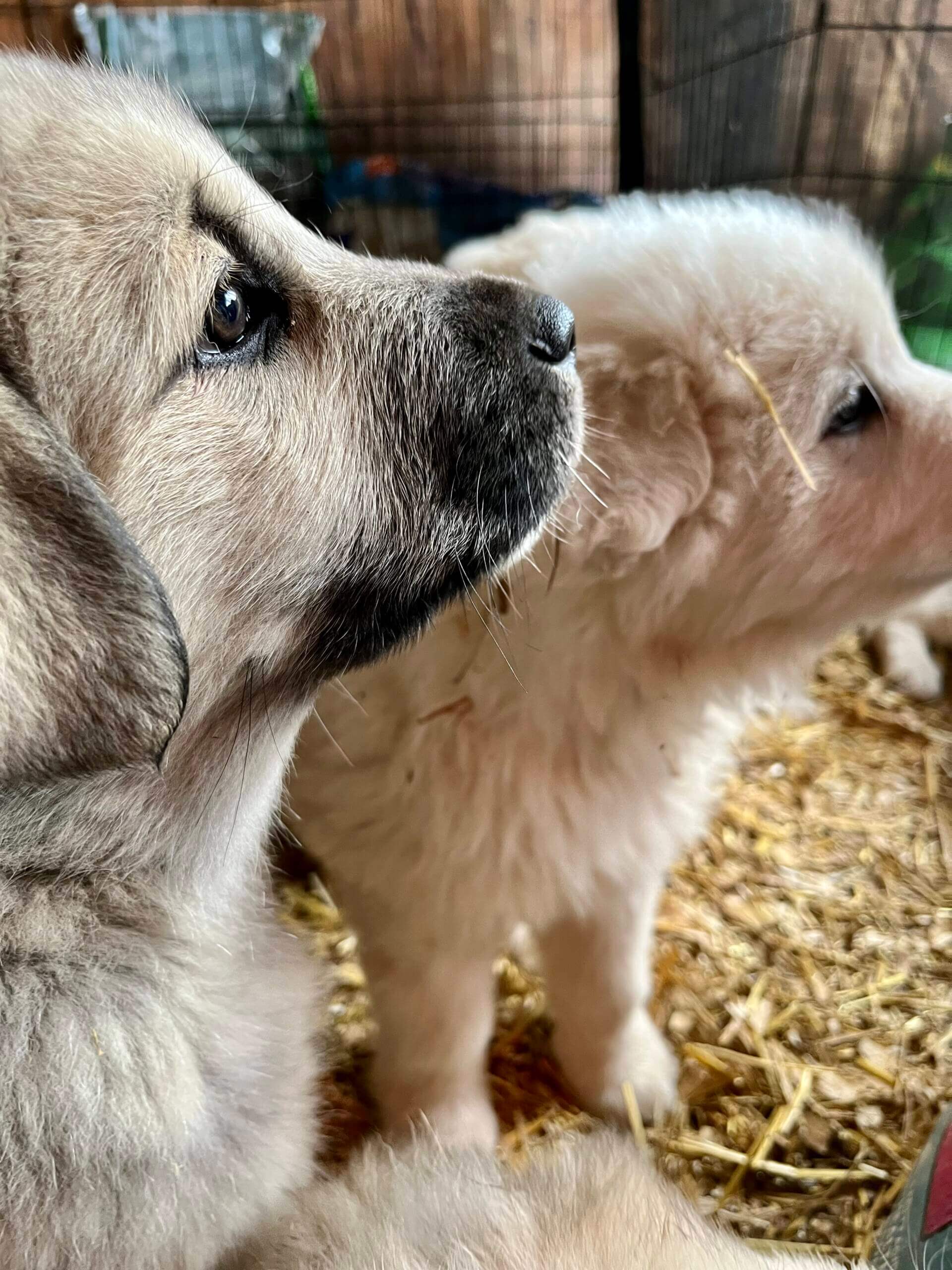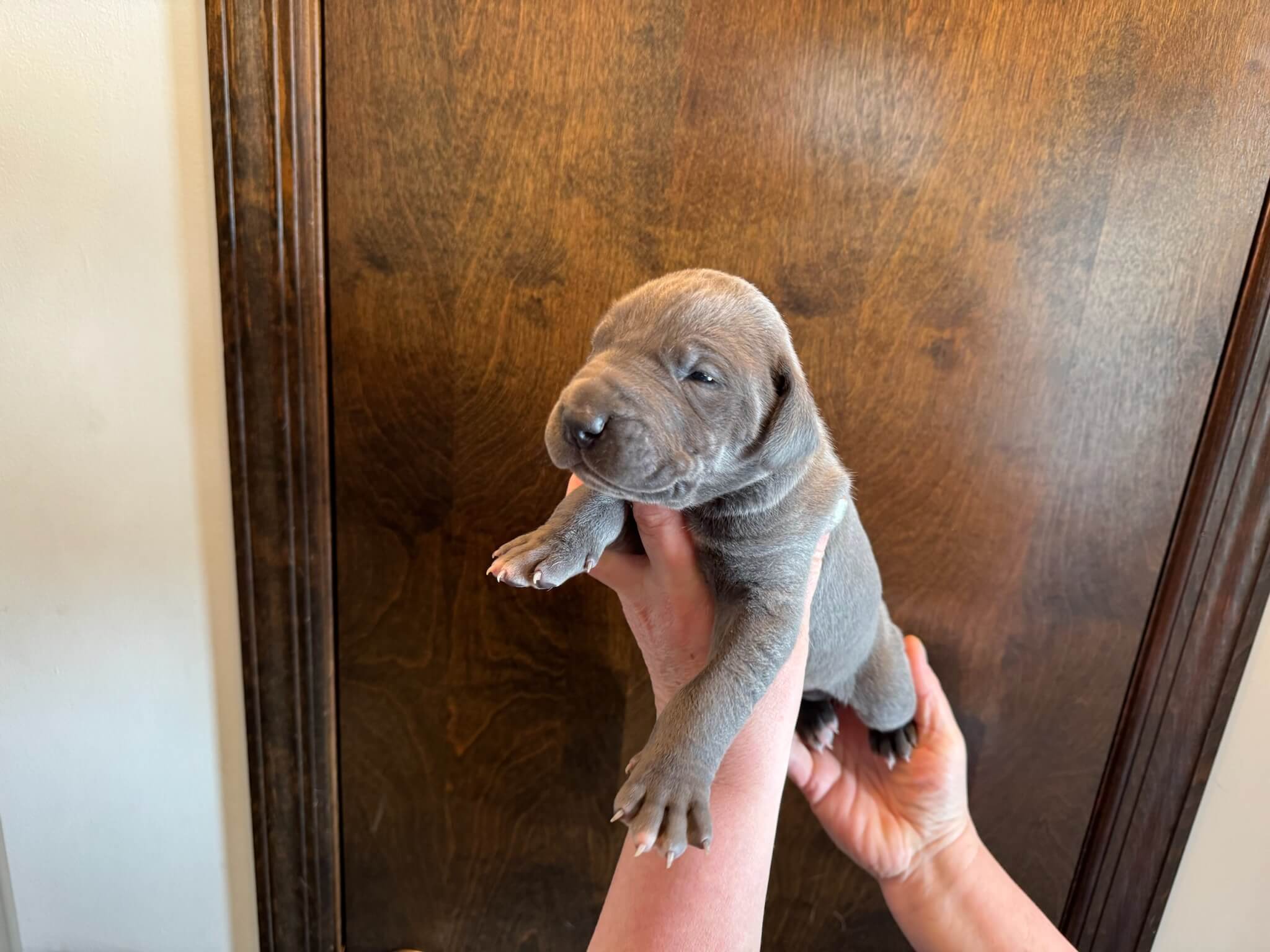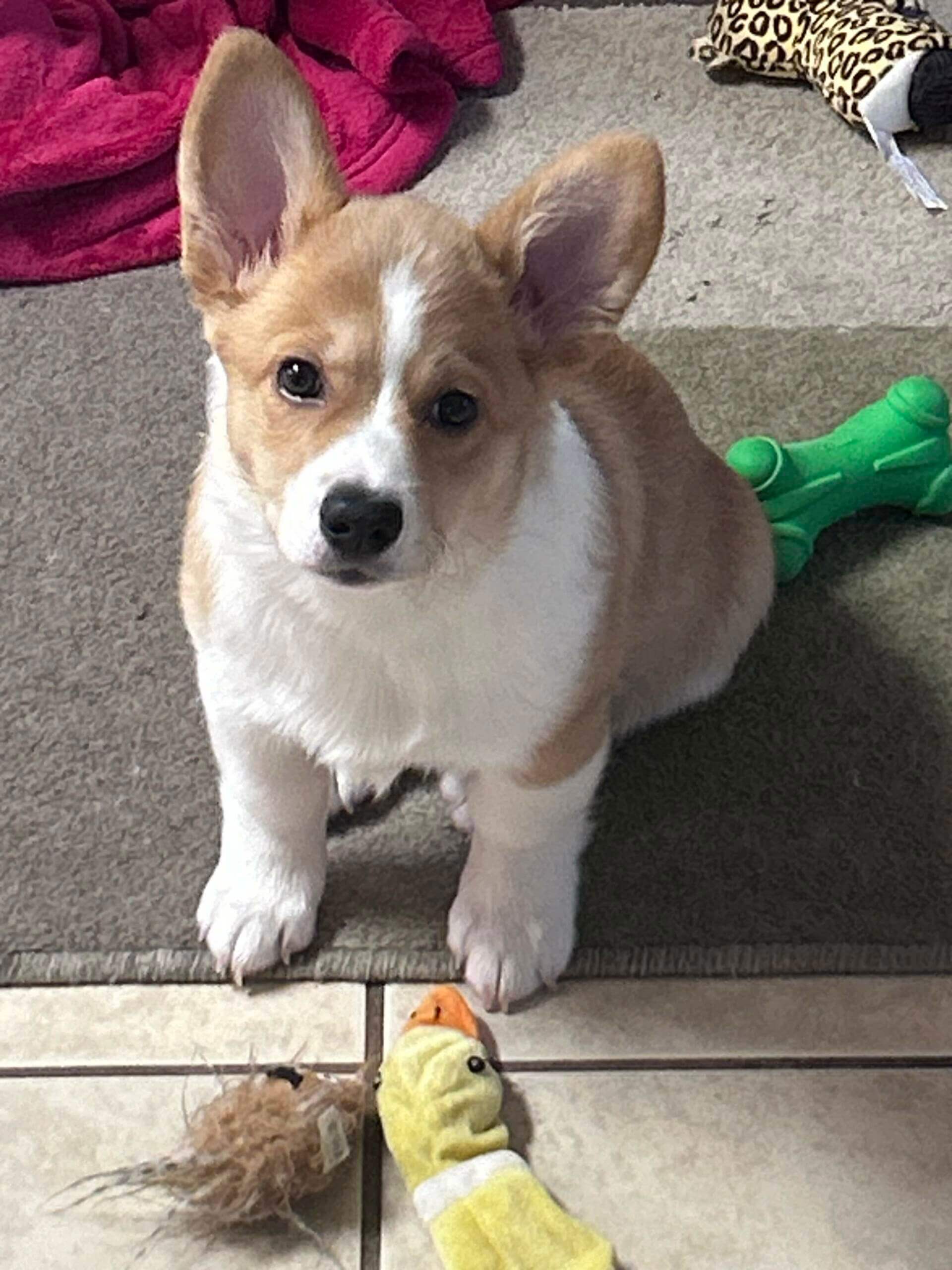Dogs & Puppies
Are you searching for puppies available for purchase in various states like New York, Massachusetts, Vermont, or anywhere else in the United States? You don’t need to look any further as there are reputable breeders who are committed to providing healthy and joyful puppies for families. It doesn’t matter if you have previous experience as a dog owner or if you’re a first-time pet parent, it is crucial to find the right breeder to ensure that your new furry companion has received proper care and socialization. If you’re currently looking for a new four-legged family member, make sure to visit the Want ad Digest as it is an excellent platform for buying and selling puppies.
Sort by :
- 0 Views
- April 27, 2024
- 0 Views
- April 26, 2024
- 0 Views
- April 26, 2024
- 0 Views
- April 26, 2024
- 0 Views
- April 26, 2024
- 0 Views
- April 26, 2024
- 0 Views
- April 25, 2024
- 0 Views
- April 25, 2024
- 0 Views
- April 25, 2024
- 0 Views
- April 25, 2024
- 0 Views
- April 25, 2024
- 0 Views
- April 25, 2024
- 385 Views
- April 25, 2024
- 0 Views
- April 24, 2024
- 0 Views
- April 24, 2024
- 0 Views
- April 24, 2024
- 0 Views
- April 24, 2024
- 0 Views
- April 24, 2024
- 0 Views
- April 23, 2024
- 0 Views
- April 23, 2024
- 0 Views
- April 23, 2024
- 0 Views
- April 23, 2024
- 0 Views
- April 23, 2024
- 0 Views
- April 23, 2024
- 0 Views
- April 23, 2024
Featured
Featured
Featured
Featured
Featured
Featured
Featured
Featured
Featured
Featured
Featured
Buying and Selling Puppies: What You Need to Know
Buying or selling puppies can be an exciting experience, but it also comes with its own set of responsibilities and risks. As a buyer or seller, you need to ensure that you are taking all the necessary precautions to make the process safe and successful. In this post, we will guide you through everything you need to know about buying and selling puppies. From understanding the basics of advertising your litter to deciding on the right time to sell your puppies, we have got it covered. We will also discuss how to screen potential buyers or sellers, protect yourself from scams or illegal trades, and provide your new puppy owners with everything they need before taking their new furry family member home. So, let's get started on ensuring a smooth and hassle-free process for everyone involved.Understanding the Basics of Buying and Selling Puppies
The value of a puppy is significantly influenced by its breed and traits, making it essential to understand the impact of these factors when selling. Legal requirements for puppy sales vary by location, requiring sellers to have a good understanding of local regulations. Vaccinations, registration, and regular vet check-ups are crucial for ensuring the health and welfare of the pups. Prospective buyers often seek detailed information about a puppy's breeding and health history, making transparency a great way to build trust. Prioritizing ethical breeding practices and animal welfare is a good match for responsible puppy selling.The Essentials for Advertising Your Litter
Crafting a compelling advertisement to showcase the best features of your puppies is a great way to attract potential buyers. Utilizing social media platforms such as Instagram and Facebook can be a good match for expanding the reach of your litter. Providing detailed information about the breed, home environment, and behavior of the pups is essential for attracting responsible buyers. High-quality, professional photographs are a great opportunity to showcase your litter in the best light. However, remember to exercise caution when sharing personal information and meeting potential buyers to ensure safety and security.
Deciding If You Need a Breeder’s Licence
Researching local regulations is essential to ascertain if obtaining a breeder’s license is mandatory. Breeding multiple litters within a year may necessitate acquiring a breeder’s license, highlighting the significance of compliance with animal welfare standards. The application process typically involves a home assessment to evaluate its suitability for breeding. Seeking guidance from a veterinarian is crucial to ensure adherence to all breeding and licensing requirements, as it presents a great opportunity to confirm compliance. Understanding the requirements for obtaining a breeder’s license is a good match for ethical and responsible breeding practices.Pricing Your Puppies: What to Charge?
Factors such as breed, lineage, and demand influence the prices of puppies. Breeders also consider their reputation and the health status of the litter when determining pricing. Additionally, costs for vaccinations, registration, and other essential care should be taken into account. Transparency in pricing and accurate disclosure of costs build trust with potential buyers.Factors Affecting the Price of Puppies
The market value of a pup is influenced by its breed, lineage, and pedigree. Additionally, health check-ups, vaccinations, and registration play a significant role in determining puppy pricing. Unique traits like rare coat colors can result in higher prices. Moreover, the reputation, experience, and ethical breeding practices of the breeder impact the cost. Furthermore, a pup's potential as a family pet or for specific purposes may also affect its value. Understanding these factors is crucial for both breeders and potential buyers.Finding Potential Puppy Buyers: Tips and Tricks
Tips for Finding Potential Puppy Buyers Connecting with local veterinarians can be a good way to network and link breeders with potential buyers. Additionally, promoting adoptable dogs through animal shelters, rescue organizations, and breed-specific groups is a great opportunity to reach a larger audience. Understanding the specific needs of potential buyers helps in finding a good match for them with the most suitable pups. Building a rapport with potential buyers is a great way to create trust and foster a positive relationship. Sharing the progress, milestones, and interactions of the puppies with potential buyers offers a suspension of their interest, leading to successful connections.Screening Prospective Buyers: What to Look For
When screening potential buyers, it's essential to evaluate their capacity to offer a nurturing environment for the pups. Consider their financial stability, living conditions, and lifestyle to ensure a good match. Assess their understanding of puppy ownership responsibilities and inquire about any prior dog ownership or shelter adoption experience. It's a great opportunity to ensure they are committed to providing a loving environment for the puppies. This careful screening process is a must for ensuring the well-being of the pups in their new homes.Meeting with Potential Buyers: Precautions and Guidelines
When meeting potential buyers, it's essential to prioritize safety and precautionary measures. Arrange meetings in public spaces or have a third party present during home visits to ensure security. While sharing information about the puppies, focus on the basics without disclosing personal details. It’s crucial to verify the identity and intentions of potential buyers before arranging face-to-face interactions. Caution should be maintained when allowing potential buyers to handle the pups, especially without supervision. During meetings, discuss clear terms, expectations, and commitments with potential buyers to ensure a good match and a great opportunity for the puppies.Safety Measures for Puppy Sellers
Utilizing secure payment methods protects against potential fraud or disputes. Clear guidelines for transportation and meeting arrangements are essential. Detailed records of interactions, transactions, and communications with buyers should be kept. Avoid disclosing personal or sensitive information during sales transactions. Educating buyers about puppy care, training, and responsibilities is crucial. This ensures a good match between the pups and their new owners. It's a great opportunity to prevent suspension by organizations like RSPCA. Behaviour management is key in ensuring a great way to sell puppies responsibly.How to Keep Yourself Secure
When engaging in puppy transactions, always prioritize personal safety and security. Verify potential buyers' backgrounds and intentions for a safe transaction. Seek legal advice for seller protection and contracts. Utilize digital platforms with enhanced security features. Exercise caution when sharing information, arranging meetings, and conducting financial transactions. Taking these measures will ensure a good match between you and the buyer, creating a safe and secure environment for both parties involved.Protecting Your Puppies: Essential Safety Tips
It's essential to ensure your puppies receive frequent veterinary check-ups to maintain their good health. Socializing them from an early age is a great way to reduce anxiety and aggression. Securing your home prevents potential hazards, offering a good match for their safety. Additionally, puppy-proofing your living space creates a safe environment, providing a great opportunity for their well-being. Lastly, regular vaccinations are crucial in safeguarding pups from various diseases, ensuring their long-term health and behavior.









































